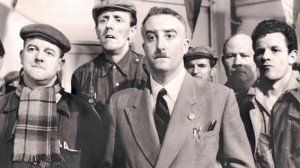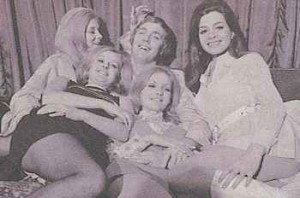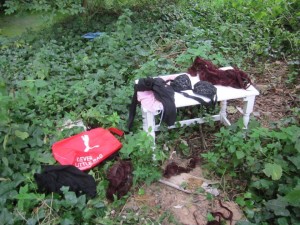Contract by contract, one reorganisation at a time, the NHS is being rearranged so that it can’t really do anything that would warrant the word ‘national’ in the title. Where I work, in a mental health foundation, services are split not just between two counties but into different parts within the same county. The level of service is not the same.
A lot of the time services have to be outsourced to external organisations, ‘third sector’ charities using sometimes untrained staff on lower wages as well as the SERCO/G4S end of the commercial spectrum who can also spectacularly undercut NHS bids for contracts by using minimum wage staff on zero hours contracts. SERCO has an operating profit target of 6% instead of the NHS’s 20% to 25%. The NHS profit goes on training. SERCO get the trained staff free, inherited from the NHS until they leave.
Everything has to be tendered. If you want ambulances the NHS ambulance service has to bid for the work. If you want community services, or a drug and alcohol treatment service, that has to go out to tender as well. The fact that the services my hospital can offer have been pared to the minimum and each NHS Trust has to compete against other N HS Trusts makes it easy to pick off the contracts one by one, leading to more closures and cuts as there are fewer and fewer NHS patients to cater for. There are more patients, or service users as they’re supposed to be called, overall, but not for the NHS. SERCO et al got those. You don’t see this on the news for the same reason there will be no massive NHS Privatisation Act; it’s already being done, without fanfare and so far as I can see, without any media paying much attention at all. Or maybe they know all about it and think as it’s the government doing it then it must be a good thing.
I think of it as a breach of trust. The NHS was not set up to work like this, which is why it doesn’t work like this and this is being done deliberately, to “prove” it doesn’t work and justify the cheery picking break-up of services so that the NHS is left with the difficult and expensive things to do and everything else can be jobbed off to the cheapest bid.
The easy things, for example. But private contractors breach trust even with these. My hospital jobbed off its wages administration to a private contractor for the usual reasons: it was supposed to be done better and cheaper and more competitively, because everyone knows that private contractors work that way and nationalised industries don’t. It’s gospel, since 1979 and you won’t find many MPs in any party who say otherwise.
Quite why that means everybody at my hospital has to chase their wages almost every month isn’t clear. People only go to work for somebody else in the expectation they get paid. Otherwise they might as well work for themselves. So when wages aren’t paid on time, when you have to phone up to ask when you’ll get the money for the job you’ve done, when you’ve learned there’s never, ever any point in asking why your wages haven’t been paid because there’s never any reason that you’re going to be told other than ‘we felt like getting some more interest on the money in our account instead of paying it out to people like you,’ or ‘you know all that stuff about how we’re more effciient? That was just crap we said to get the business,” and you certainly won’t be told either of those things, at least one of which is true by definition at any given time, the privatisation work is petty much done. Hardly anybody wants to work there. Simple because it takes more to build trust than simply putting it in your name. Obviously the new chairman is looking into this as a matter of urgency. I wonder if he’s paid on time?



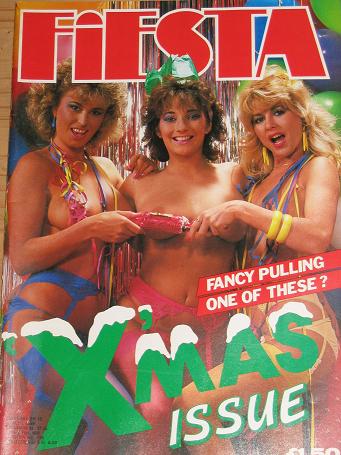
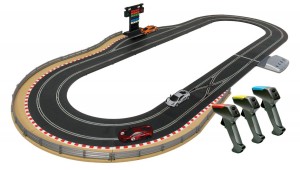


![LawnmowerMan[1]](http://writer-insighter.com/wp-content/uploads/2014/09/LawnmowerMan1-300x276.jpg)
